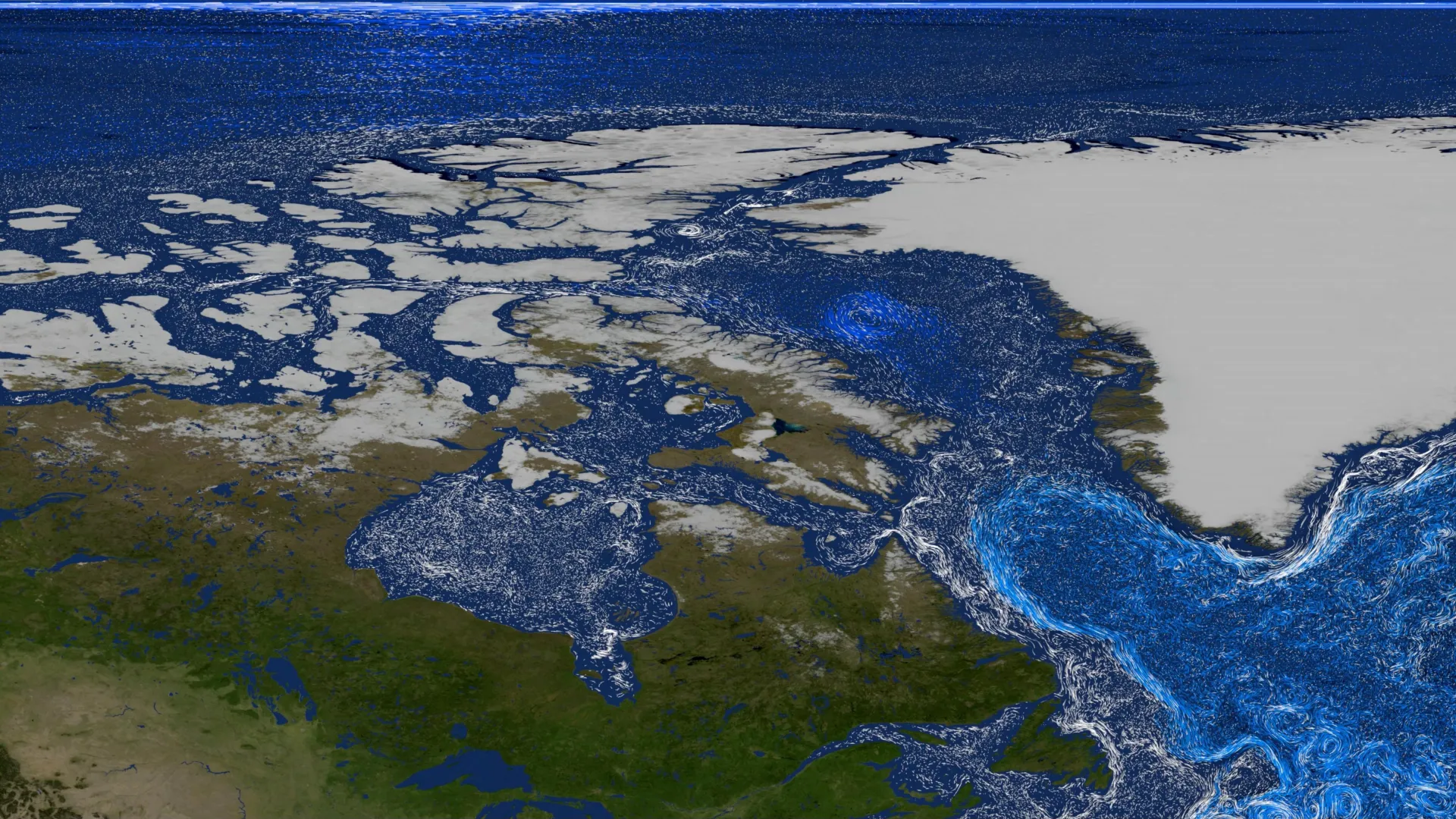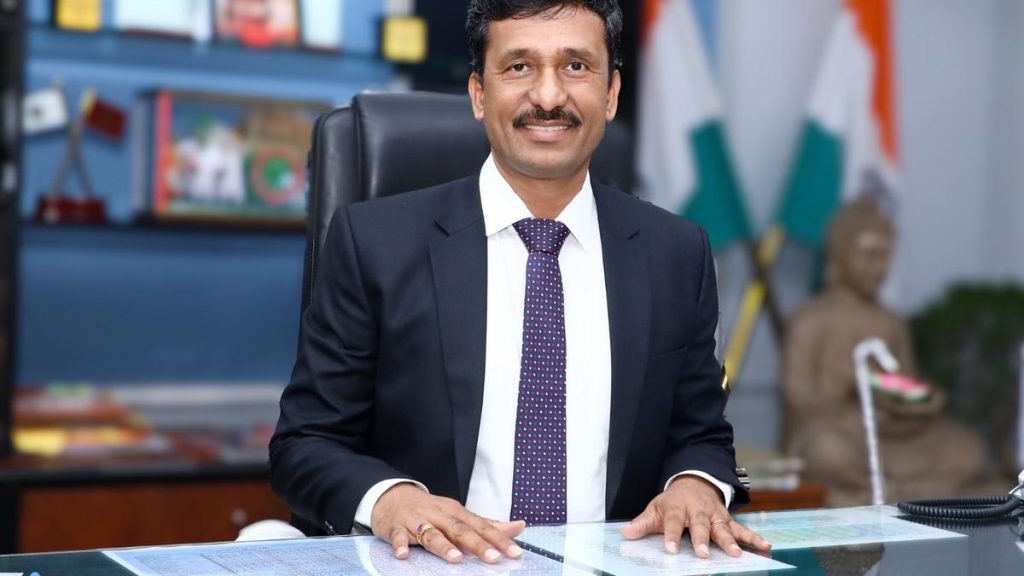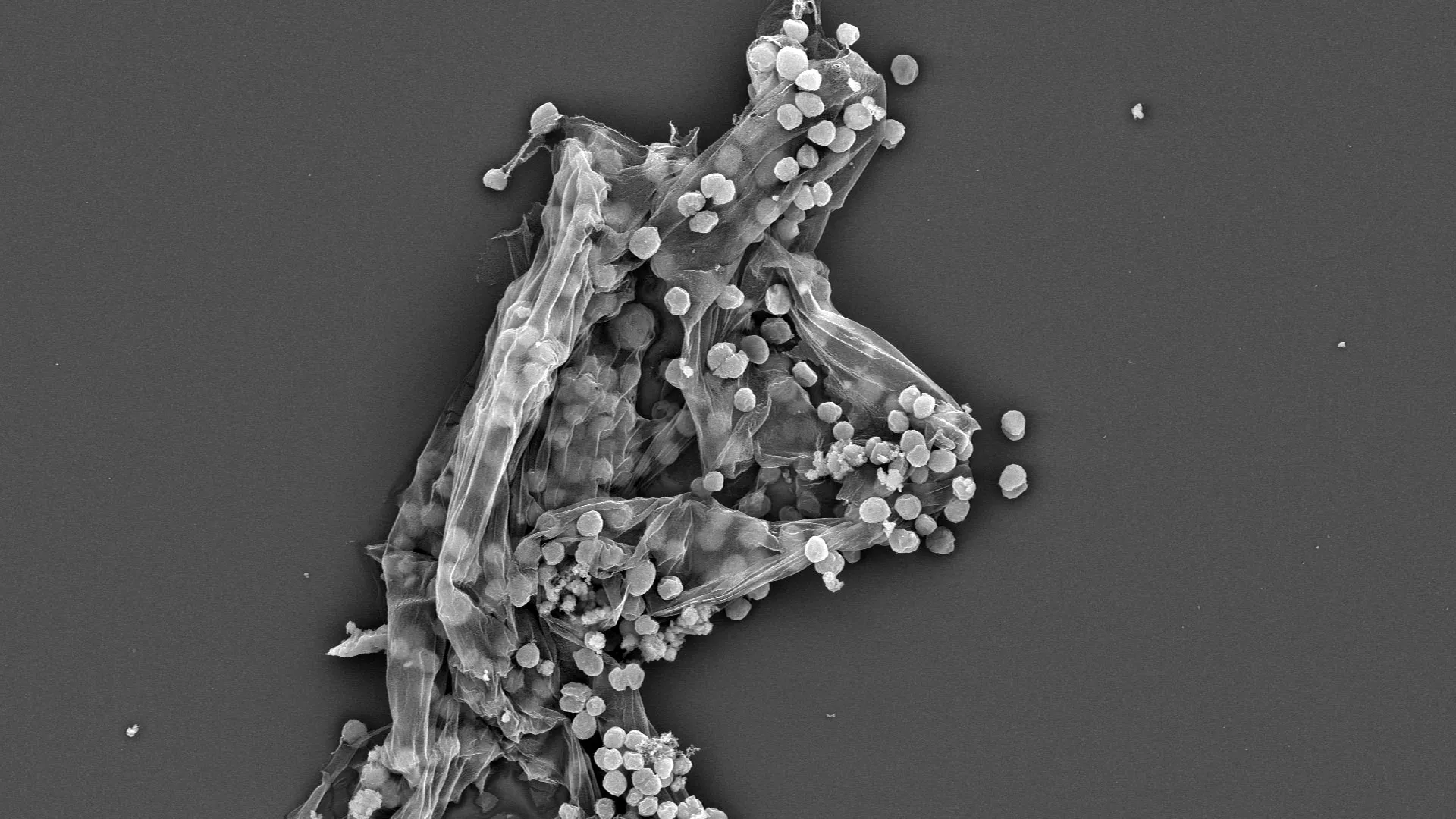Now Reading: Greenland’s Glacial Melt Fuels Ocean Ecosystem Surge
-
01
Greenland’s Glacial Melt Fuels Ocean Ecosystem Surge
Greenland’s Glacial Melt Fuels Ocean Ecosystem Surge

Quick Summary
- Research Findings: A NASA-supported study has found that runoff from Greenland’s melting ice sheet is enhancing phytoplankton growth by delivering nutrients from ocean depths.
- Key Process: Meltwater from Jakobshavn Glacier carries nutrients like iron and nitrate upward due to its buoyancy, nourishing microscopic organisms called phytoplankton.
- Phytoplankton’s Role: These tiny organisms are crucial to the marine food web,supporting krill,fish,whales,and absorbing carbon dioxide through photosynthesis.
- simulation Tool: Researchers used a computer model developed by JPL and MIT called ECCO-Darwin to simulate interactions in one Greenland fjord. The model utilized decades of oceanic data for analysis.
- Findings on Growth: Results indicate summertime phytoplankton growth increased by 15-40% in the studied region due to deepwater nutrient upwelling caused by melt runoff.
- Broader Changes: While enhanced plankton may benefit local ecosystems and fisheries, increasing glacier melt impacts seawater chemistry-affecting the carbon cycle-and could alter salinity levels in coastal waters globally.
Indian Opinion Analysis
The findings underscore how climate change impacts both global ecosystems and the delicate balance of marine environments. For India-blessed with vast coastlines-the study highlights the interconnectedness of global oceans.Changes observed near Greenland could ripple out into broader shifts in Earth’s ocean systems impacting fisheries or cyclonic patterns over time.
India relies heavily on its maritime assets-for food security via coastal fisheries and as part of economic activities-and must monitor such scientific developments with keen interest. Advanced computational models like ECCO-Darwin demonstrate how cutting-edge technology can unravel intricate environmental processes-a field Indian institutions could further invest in for localized challenges such as monsoon predictions or understanding himalayan glacial systems’ effects on riverine fertility. By staying engaged with ongoing research globally, India can align itself better toward sustainable resource management policies relevant at home yet connected worldwide.

























